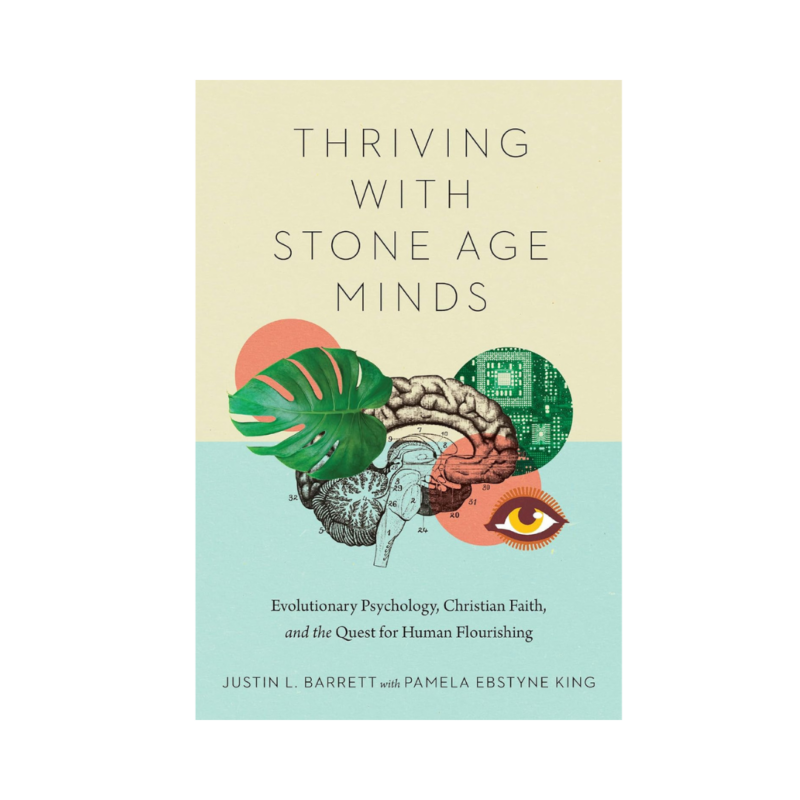Citation
King, P. E., & Baer, R. A. (2022). Back to the future: Volf’s eschatological vision of flourishing for a psychology of thriving. Journal of Psychology and Theology, 50(1), 38-49. https://doi.org/10.1177/00916471211072312
Abstract
In this article, we aim to explain how Miroslav Volf’s theology of flourishing provides a new vision for psychologists. As the Henry B. Wright Professor and Founder and Director of the Yale Center for Faith and Culture, Volf is recognized as one of the most influential living theologians. His recent work offers a theology of human flourishing based in an eschatological vision of God’s homecoming, the unification of the Creator with His created. For Volf, the end provides a telos, a purpose, and direction, for current human life. He asserts that although proleptic, flourishing occurs simultaneously within the two eschatological “already” and “not yet” realities through the inbreaking of the Holy Spirit in the context of love. The true life is a life led well, going well, and feeling as God intends and is characterized by love, peace, and joy. In this article, we summarize Volf’s theology of the homecoming of God and human flourishing and bridge the disciplines of theology and psychology, by discussing how the psychology of thriving toward the telos of the Reciprocating Self provides a heuristic for psychologists. The heuristic offers psychologists a guide for research and clinical work that is aligned with Volf’s eschatological vision.
Copyright:
Year: 2024
Holder: Biola Universtiy
Continue Exploring

Thriving
Neurodiversity and Thriving: A Case Study in Theology-Informed Psychology
Citation Leidenhag, J., & King, P. E. (2023). Neurodiversity and Thriving: A Case Study in Theology-Informed Psychology. Studies in Christian Ethics, 36(4), 827–843. https://doi.org/10.1177/09539468231187784 Abstract The concept of ‘neurodiversity’ to speak of conditions such as autism, dyslexia, and others as differences, not disorders or pathologies, relies on a robust account of human flourishing that can incorporate these conditions. Conceptions of illness and well-being are always partially theological, whilst also having to be grounded in the empirical realities of the present time. Therefore, positive developmental psychology is a particularly apt field for developing a theology-informed psychology. This article argues that recent…

Thriving
Hindsight in the 2020’s: Looking back and forward to positive youth development and thriving
Citation King, P. E., & Mangan, S. (2023). Hindsight in the 2020s: Looking back and forward to positive youth development and thriving. In L. J. Crockett, G. Carlo, & J. E. Schulenberg (Eds.), APA handbook of adolescent and young adult development (pp. 609–627). American Psychological Association. Abstract Positive youth development (PYD) started as a field of practice before it became a field of study. With a heightened awareness of the necessity of a framework for the thriving of all youth and all societies, the chapter considers the purpose of PYD and consequently revisits the concept of teleology, offering a revised understanding…

Thriving
Thriving with Stone Age Minds: Evolutionary Psychological and Christian Perspectives on Human Flourishing.
Citation Barrett, J. L. (2021). Thriving with Stone Age Minds: Evolutionary Psychology, Christian Faith, and the Quest for Human Flourishing. InterVarsity Press. About the Author Justin L. Barrett (PhD, Cornell University) is the founder and president of Blueprint 1543 and adjunct professor of psychology at Fuller Theological Seminary, where he was formerly director of the Thrive Center for Human Development and chief project developer in the Office for Science, Theology, and Religion Initiatives. His books include Born Believers and Cognitive Science, Religion, and Theology. Pamela Ebstyne King (PhD, Fuller Theological Seminary) is the executive director of the Thrive Center and the Peter L.…


